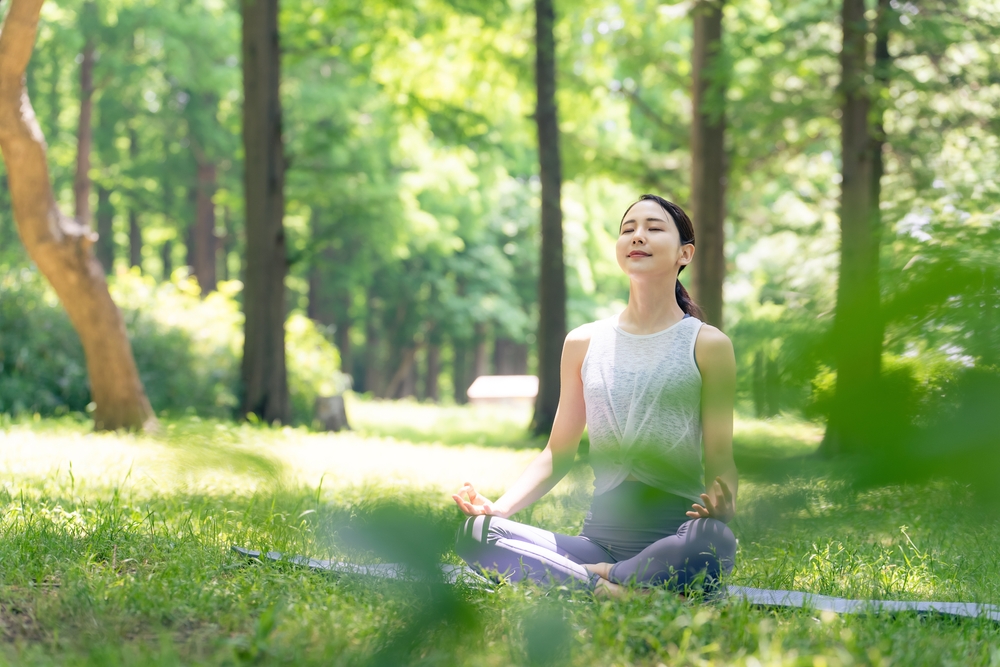Reimagining Wellness: The Crucial Role of Mindfulness in Health and Well-being
In the ever-changing realm of health and wellness, one practice has been steadily gaining recognition, not for its novelty, but for its time-tested benefits: mindfulness. Rooted in ancient traditions, fortified by modern science, mindfulness has emerged as an essential component of holistic health. It's not just another wellness trend—it's a paradigm shift in how we approach health and well-being.

The Origins and Evolution of Mindfulness
Mindfulness has deep roots in Buddhist philosophy, where it is considered a pathway to understanding the nature of reality. Its adoption in the Western world began in the late 20th century, thanks to pioneers like Jon Kabat-Zinn, who developed Mindfulness-Based Stress Reduction (MBSR) in 1979. Since then, mindfulness has been the subject of extensive scientific research, revealing its profound effects on mental and physical health.
More Than a Trend: The Health Benefits of Mindfulness
The beauty of mindfulness lies in its simplicity and versatility. By focusing on the present moment, we can cultivate a non-judgmental awareness that promotes mental clarity, emotional balance, and a sense of calm. Scientific studies have shown that regular mindfulness practice can reduce stress, anxiety, and depression, enhance cognitive function, improve sleep quality, and even bolster immune function.
The Challenges and Credibility of Mindfulness Practice
Despite its benefits, mindfulness practice is not without its challenges. It requires time, patience, and commitment. It’s also not a cure-all solution, and it’s essential to approach it as part of a comprehensive wellness plan. However, the scientific credibility of mindfulness is undeniable. Hundreds of peer-reviewed studies testify to its health benefits, and it’s endorsed by respected institutions like the American Psychological Association and the National Institutes of Health.
The Power of Now: Making Mindfulness Accessible
Practicing mindfulness doesn’t require a secluded retreat or hours of meditation. You can incorporate mindfulness into your daily life in simple ways: by paying attention to your breath, by savoring your meals, by tuning into your senses while walking or washing dishes. The key is to be fully present, fully engaged in whatever you’re doing, without judgment or distraction.
Simple Steps to Mindfulness
- Start small: Dedicate just a few minutes each day to mindfulness practice. You can gradually increase the duration as you become more comfortable.
- Focus on your breath: Pay attention to the sensation of breathing. Observe the rise and fall of your chest, the feel of the air entering and leaving your nostrils.
- Be kind to yourself: If your mind wanders, gently bring it back to the present moment. Don’t judge or criticize yourself.
- Practice mindfulness in daily activities: Mindfulness isn’t limited to seated meditation. You can practice it while eating, walking, or doing household chores.
Mindfulness is a journey, not a destination. It’s about embracing each moment with full awareness, about cultivating a deep connection with ourselves and the world around us. As the field of health and wellness evolves, mindfulness remains a timeless practice—a testament to the power of the present and a beacon of holistic well-being. It’s time to reimagine wellness, and mindfulness is leading the way.






